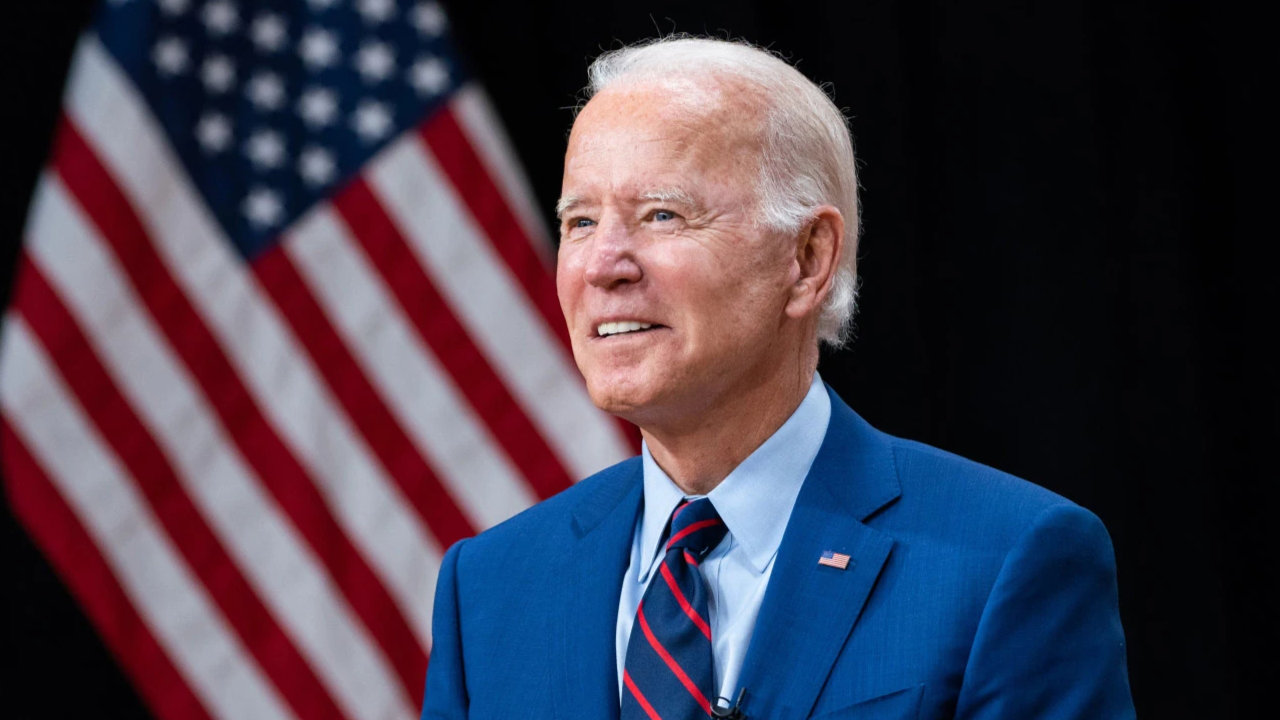Komainu Secures MVP Licence From Dubai’s Virtual...
- 05.12.2025 01:55 pm
RedotPay Integrates Ripple Payments to Extend...
- 03.12.2025 08:35 am
OpenPayd to Power Altify’s Multi-Currency On/Off Ramps
- 03.12.2025 08:05 am
xpate Unites the Crypto and Fiat Worlds by Joining...
- 02.12.2025 02:05 pm
Unlimit Launches Stable.com, the First Platform...
- 02.12.2025 09:55 am
Zama Plans First-Ever Sealed-Bid Dutch Auction for $...
- 02.12.2025 09:40 am
KAST Launches KAST Pay and Global Payouts Capabilities...
- 02.12.2025 09:35 am
U.S. Bank is Testing Custom Stablecoin Issuance on the...
- 28.11.2025 10:55 am
Ripple’s RLUSD Recognized as Accepted Fiat-Referenced...
- 27.11.2025 10:05 am
FCA Collaborates With Industry to Help Shape Future of...
- 26.11.2025 02:50 pm
Visa Partners With Aquanow to Enable Faster Settlement...
- 26.11.2025 09:35 am
Klarna Launches KlarnaUSD as Stablecoin Transactions...
- 25.11.2025 04:25 pm






















